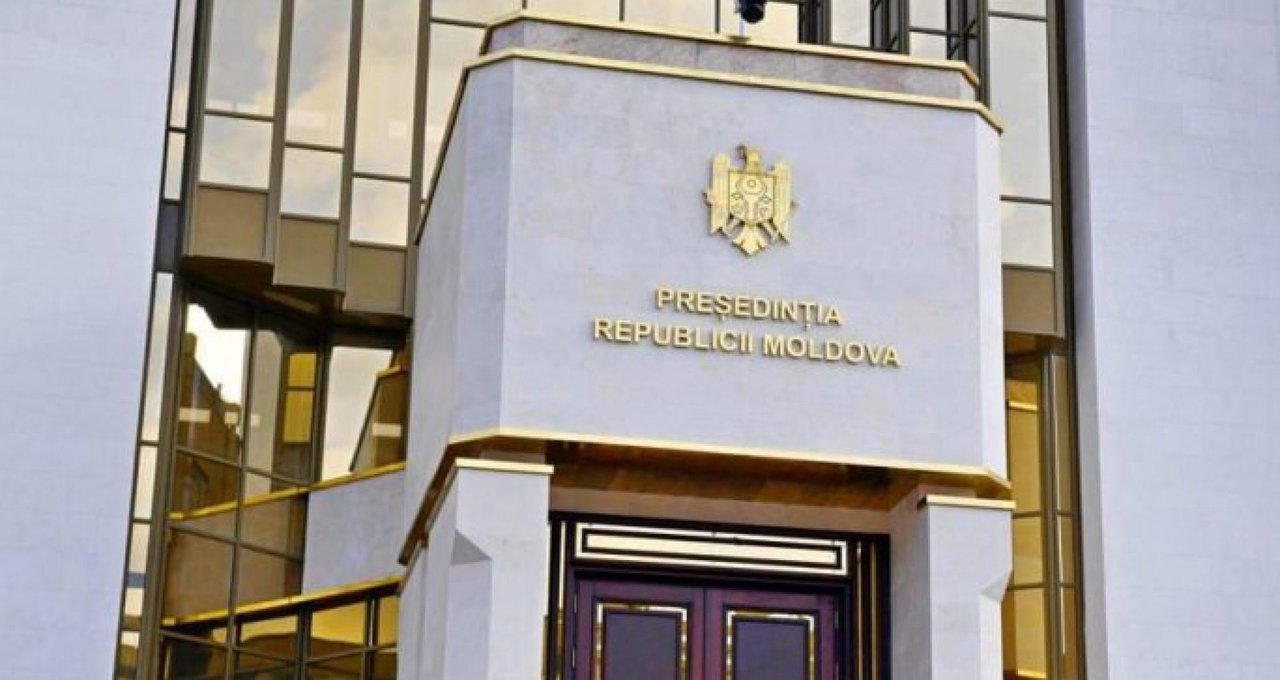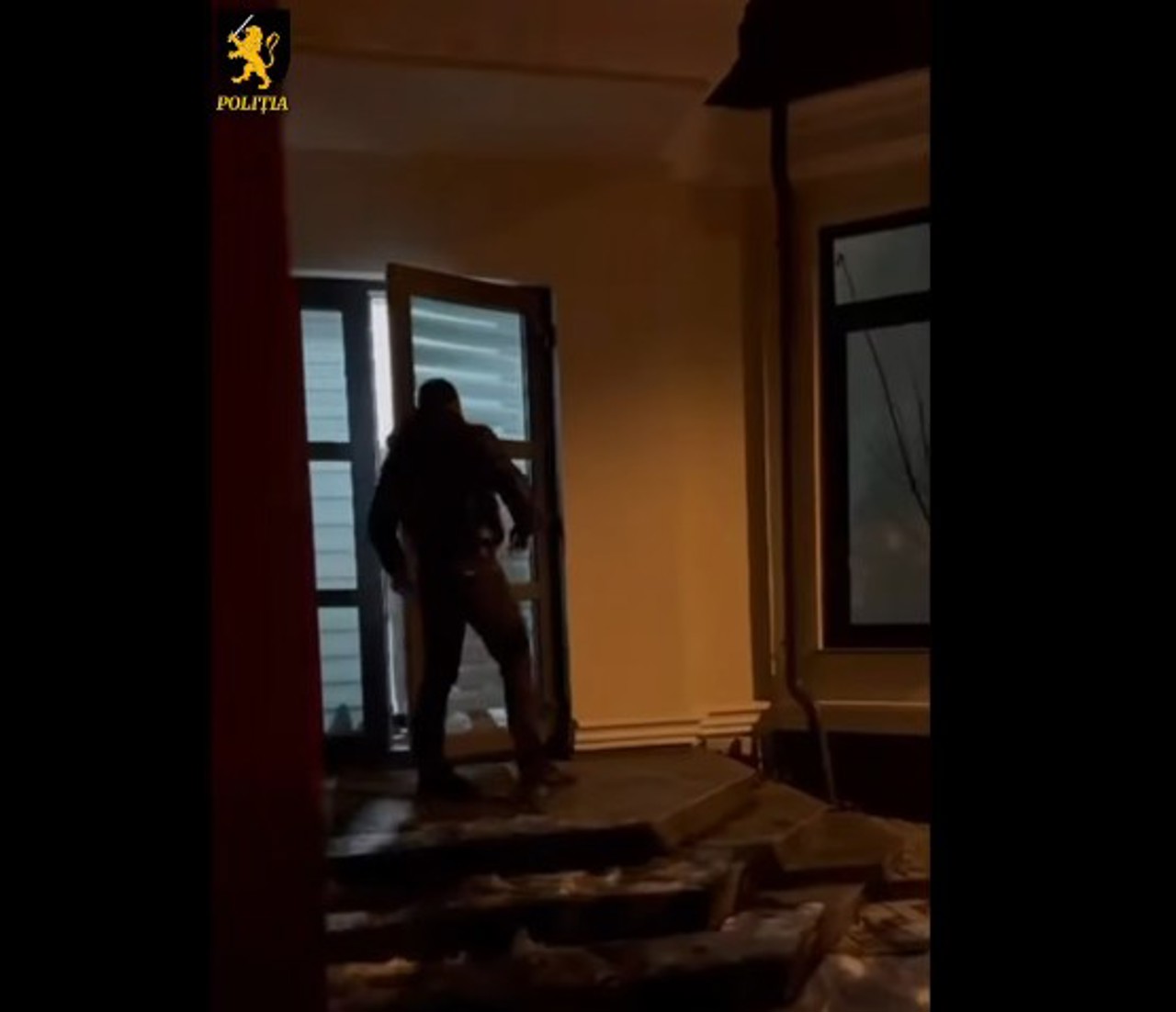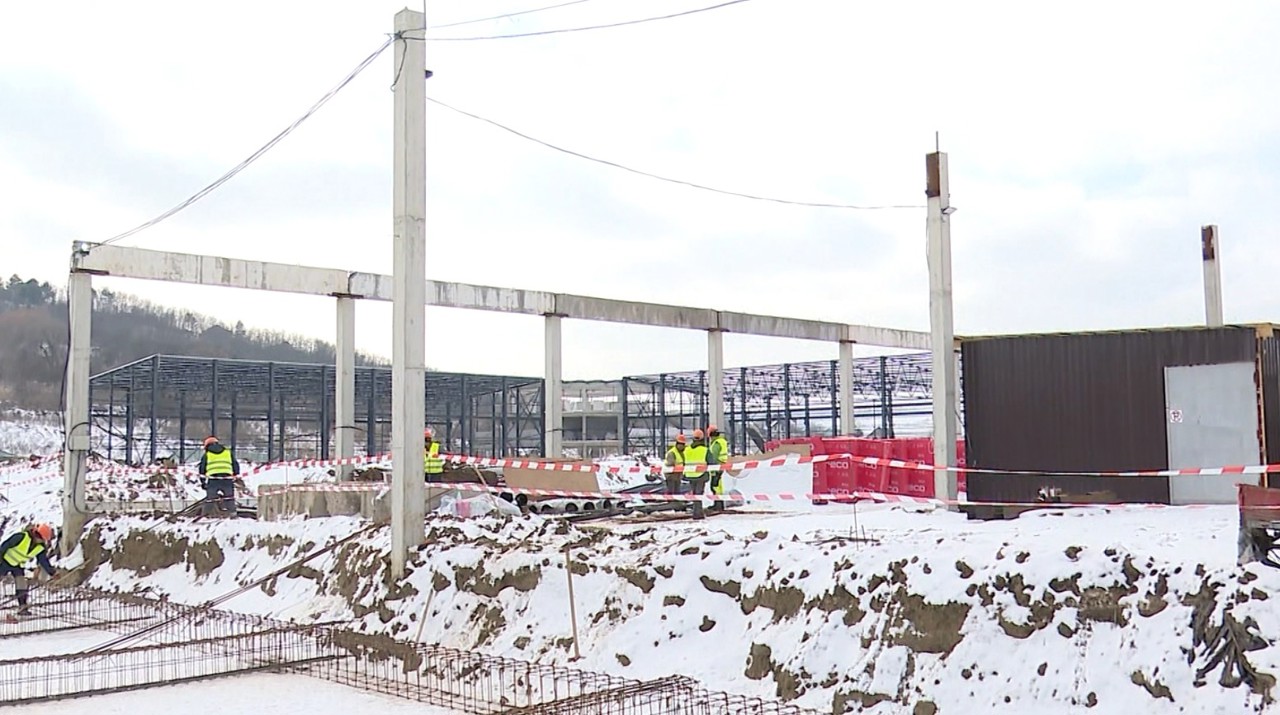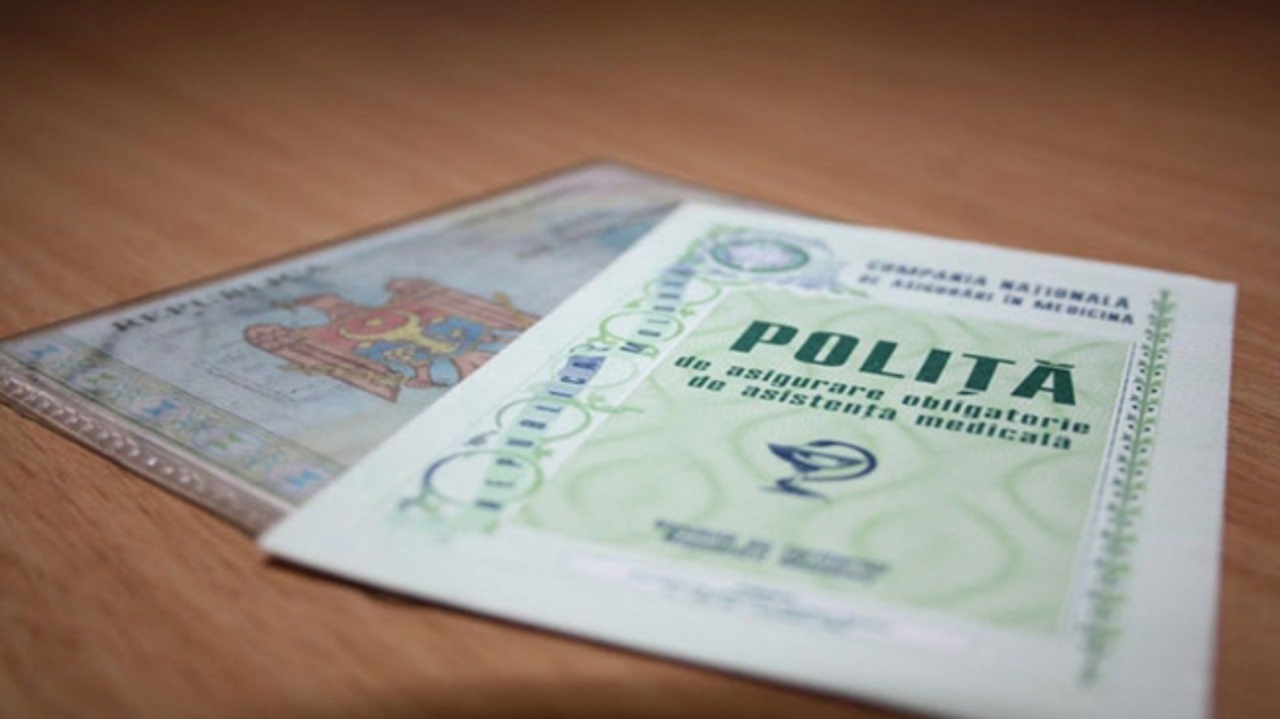Moldovan authorities deny blocking Russian gas to Transnistria
Vadim Krasnoselski, the self-proclaimed leader of Tiraspol, has called on President Maia Sandu to allow the transit of Russian natural gas to the Transnistrian region.

He claims that, despite a real solution emerging, some Moldovan officials are deliberately obstructing gas supplies to the "left bank" with the aim of worsening the region's energy crisis. Meanwhile, the Presidential Office denies the accusations, emphasizing that Chișinău has never opposed natural gas deliveries to the region within the existing legal framework.
"The authorities in Chișinău have provided and continue to offer all possible avenues to ensure this is done as swiftly as possible. Mr. Krasnoselski’s statements are a gross distortion of the truth. It is widely known that Moldovagaz is the only company authorized to supply natural gas to the Transnistrian region, with Gazprom holding the majority of shares. The origin of the crisis lies not with Chișinău, but with Moscow, which must provide real solutions to this issue," the Presidency explained in a statement.
The Russian energy giant Gazprom suspended natural gas deliveries to the Republic of Moldova as of January 1, specifically to the Transnistrian region. As a result, the situation caused widespread disconnections of gas, hot water, and heating across most localities, including in the Security Zone.
After rejecting the assistance offered by Chișinău authorities, Vadim Krasnoselski visited Moscow, where he met with officials from Russia’s Ministry of Energy. After the meeting, he announced that Russian natural gas deliveries to the region would soon resume as humanitarian aid. Details regarding the transport route and who will bear the transit costs remain unknown.
The leadership in Chișinău accuses the Kremlin of intentionally provoking this crisis in the region to destabilize the situation on the right bank of the Dniester, citing Gazprom’s failure to meet its contractual obligations.
Prime Minister Dorin Recean stated that these recent actions are part of a predictable escalation strategy by the Russian Federation.
Experts suggest that the current energy and social crisis on the left bank of the Dniester has been artificially created by the Russian Federation as part of a broader strategy to destabilize the Republic of Moldova ahead of the parliamentary elections this year. This situation could be used to gain political capital, with the opposition likely positioning itself as the "savior" before the electorate.
Translation by Iurie Tataru






